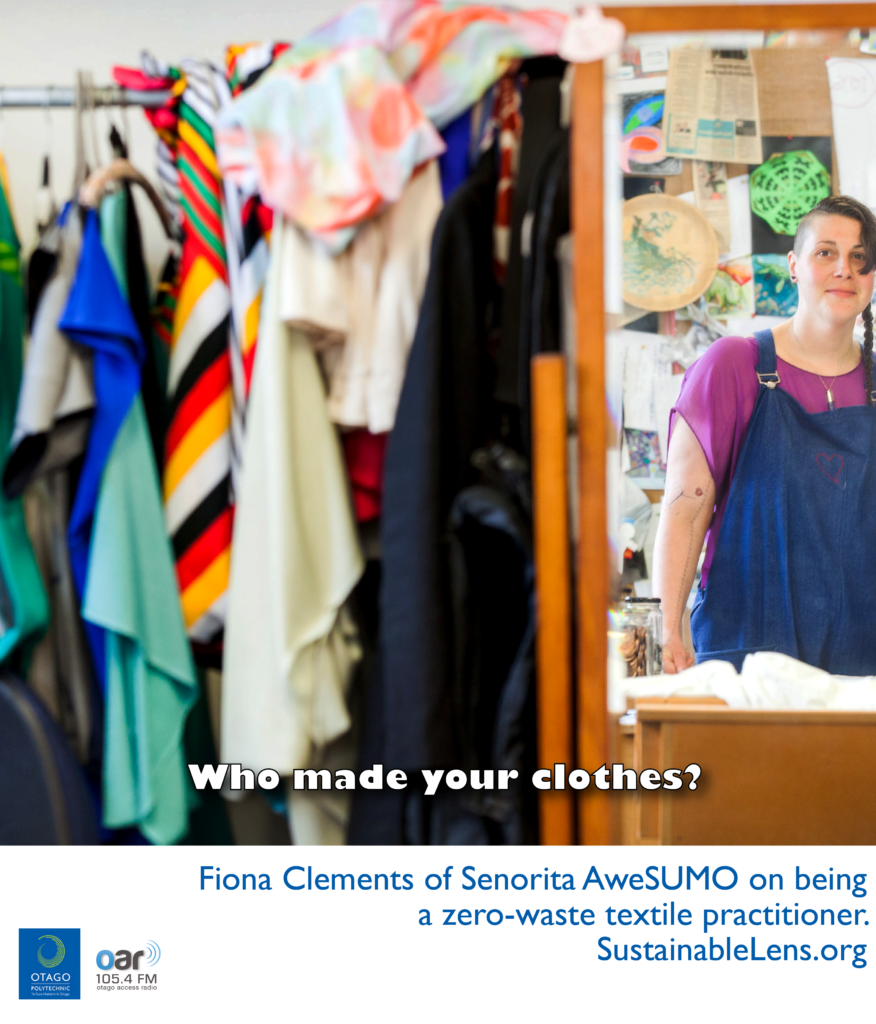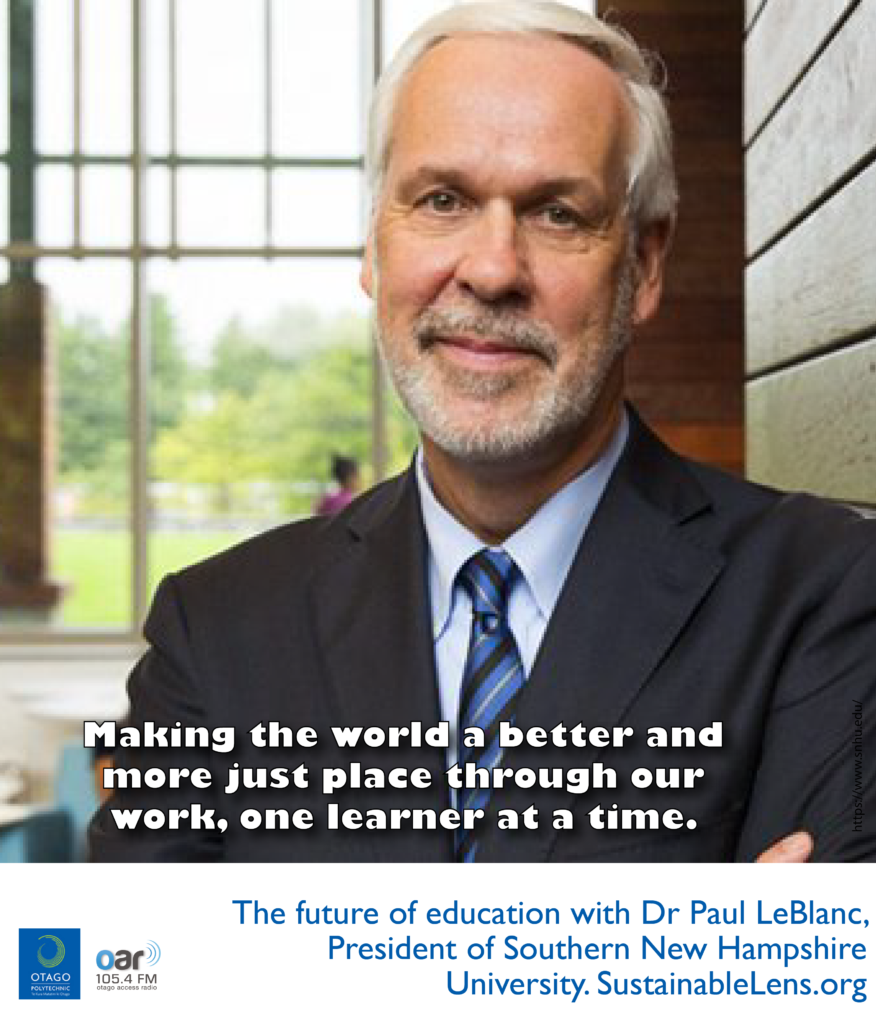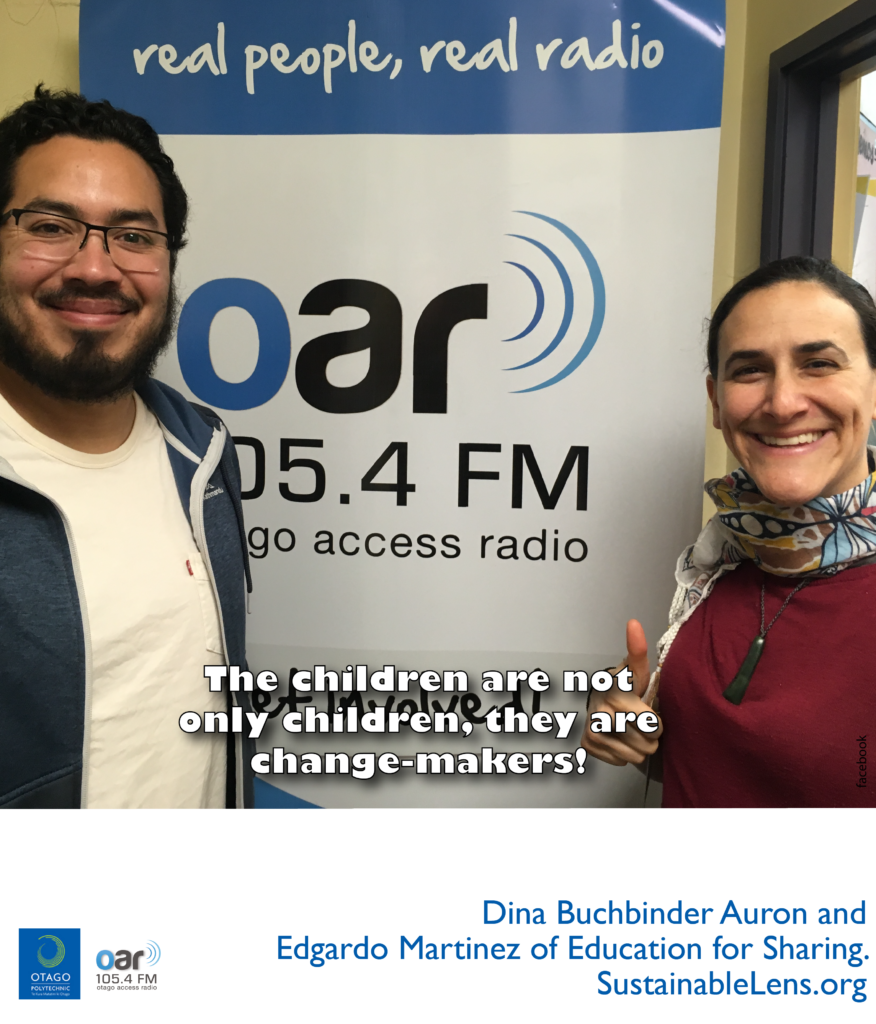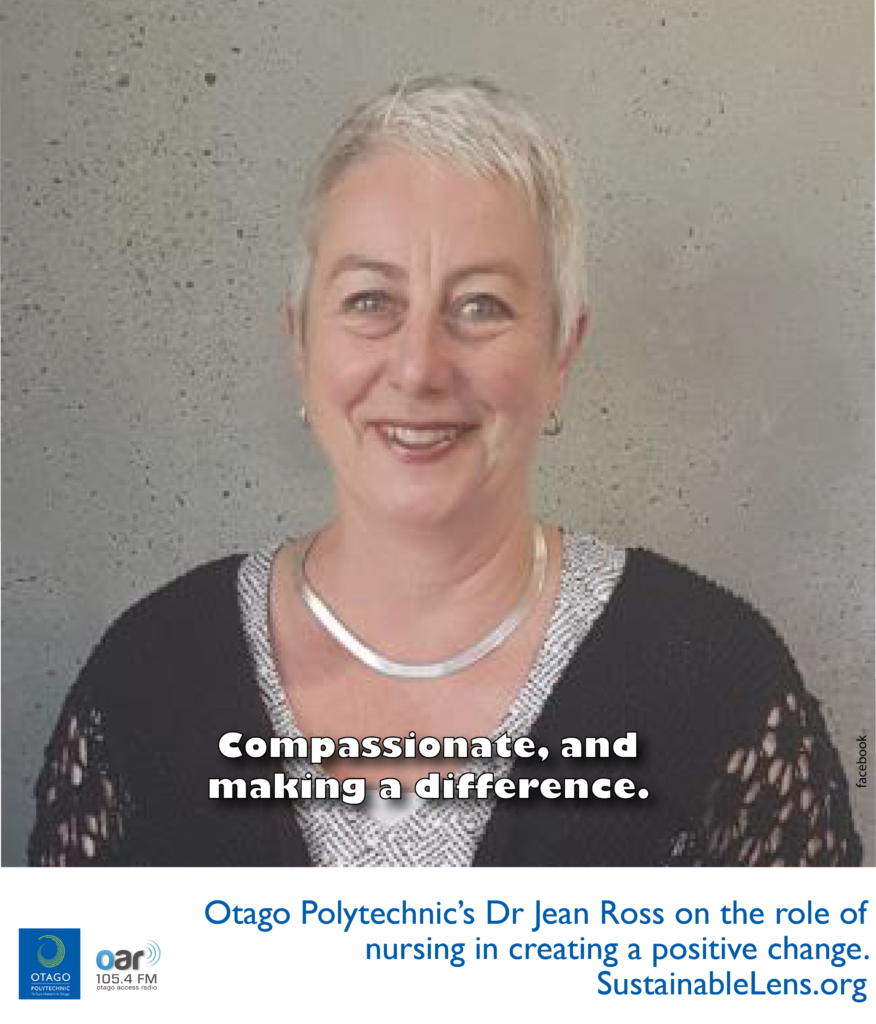
Dr Rob Whitbourne works in conservation in WhakatÄne. We talk about how he came to be involved in conservation and how this is driven by
RongoÄ MÄori medicine.
(note: We apologise for the sound quality of this conversation, the main recorder failed, so this is the back-up. All hail the back-up).
Talking points
Always into nature
Lucky that our playgrounds and experience in life was always based around the bush. My father was always a bushman…when you grow up with people like that they impart on you a sense of understanding….You grow up knowing the names of the trees, where different birds nest, how trees change during the seasons
Sense of curiosity and understanding
(after teenage years in Australia) For a long time after I came back I had this sense of the New Zealand bush as this foreboding dark forest
I went to a rongoÄ wÄnanga, a workshop on traditional medicines…it opened my eyes, gave me a feeling of really knowing the bush
PhD focussing on traditional crops and how their significance is maintained today…The bigger question: how indigenous communities engage with research institutes?
The social side of knowledge, isn’t given the same focus – especially when it comes to Western Science and indigenous knowledge systems – the focus is often on factual knowledge and deeper assumptions, ontologies.. and the social stuff isn’t given that much attention..and that leads to a focus on difference…here’s the body of knowledge that one system has, and here’s the body of knowledge that this other system has, or a deeper level, we see the world this way and you see the world that way. That tends to draw out difference and it doesn’t give much room for common ground or interaction.
If we put more attention on the social side of things, on the practitioners, how can the people who do MÄtauranga MÄori, or people who practice indigenous knowledge in Peruvian communities, how can they best interact? How do the people interact? So the questions are of who has decision making control? How do you respectfully engage with and respond to each others knowledge traditions?
It’s too easy to say these indigenous ideas of nature having a spiritual element, well empiricism doesn’t deal with that so they’re incompatible. But if we say people who work and live in urban institutes and others who live in rural communities, they speak different languages, they have different values, they make decisions in different ways, how can those come together? That gives you more scope to work together.
We lose knowledge when our people are depleted. The two are the same.
We might be lucky to name 5 or 6 plants. We know the world we are familiar with, today we might know 300 logos, before it was 300 plants and animals.
How do we get people connected, to feel part of those places? We are those places
We need to find the spark that’s already there for people – in my case it was rongoÄ o wananga.
It’s a love of those places, and a love for each other in those places, we are those places.
Environmental management is really people management
A MÄori perspective – we are all family (people and land), do you know your family, do you care for them? I’m surrounded by my family.
It reminds us that we are part of something bigger than ourselves.
Activist: Yes, I’ve always stood up to confront and fight for the positive. In a sense of accelerated disruption and destruction there’s a real need for urgency.
Superpower: A genuine commitment to the world around me and its people. I’m an idealist, positive. Maybe that comes from the sense of being I have.
Challenge: conservation on MÄori land.
Advice: All of these things require the collective, none you can do on your own.







